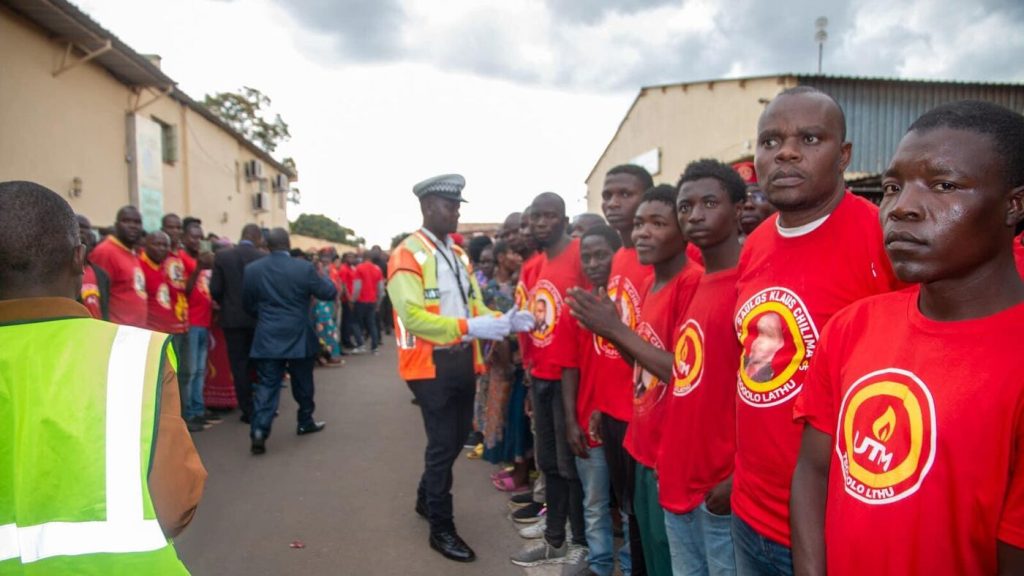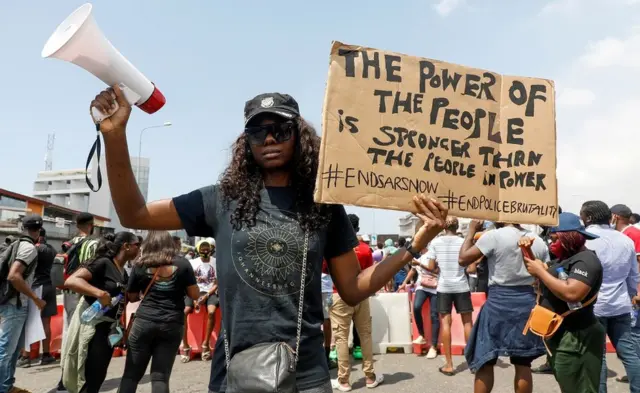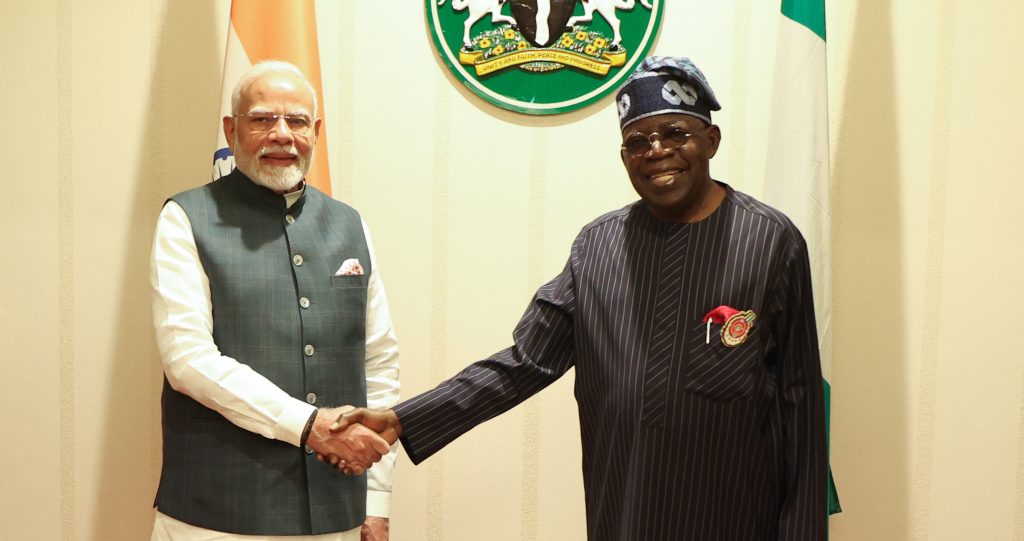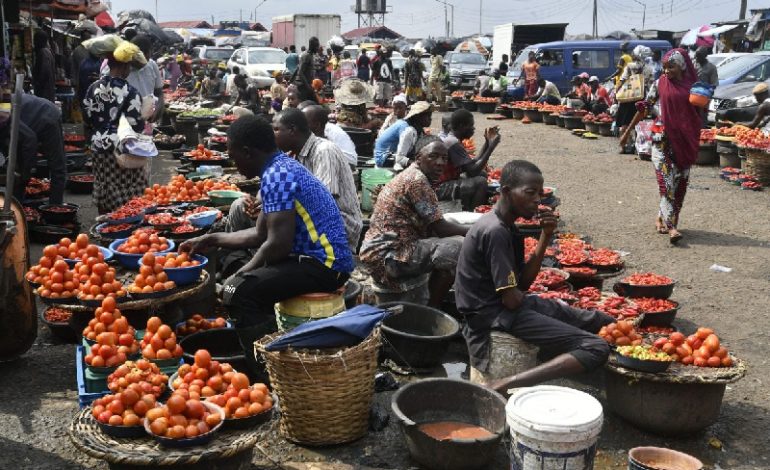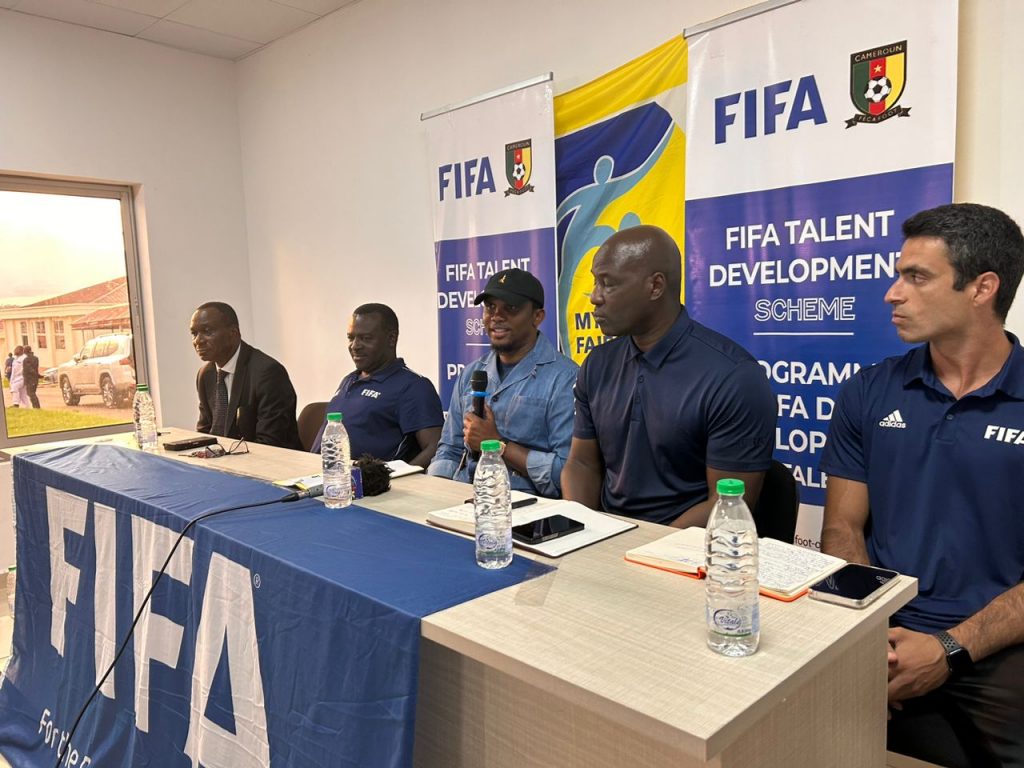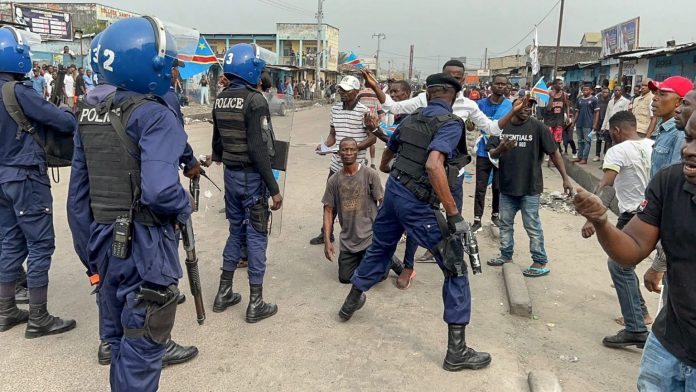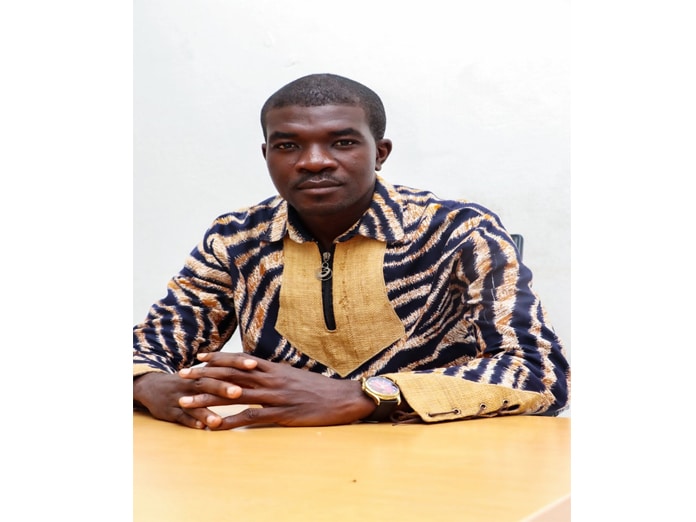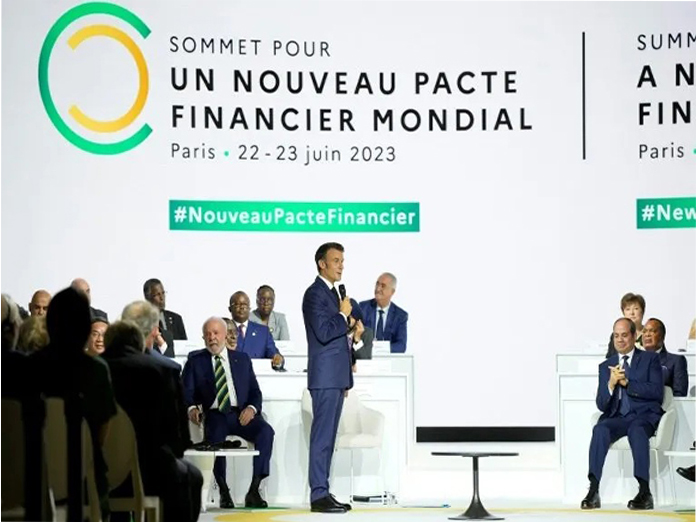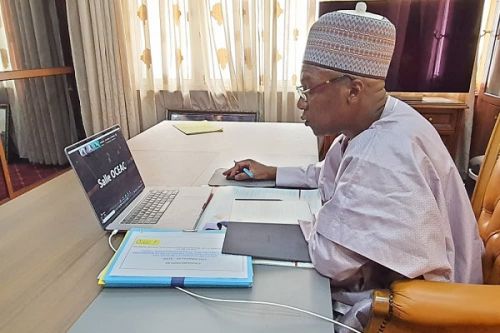The leadership of the United Transformation Movement (UTM) in Malawi , Dalitso Kabambe has called on the Southern African Development Community (SADC) and the African Union (AU) to intervene in addressing Malawi’s escalating political and economic challenges.
His remarks on Tuesday comes in the wake of demonstrations across the country.
Dalitso Kabambe, President of the United Transformation Movement (UTM), on Tuesday issued a public plea for the Southern African Development Community (SADC) and the African Union (AU) to interven in addressing Malawi’s escalating political and economic challenges.
His remarks comes admid dissatisfication with President Lazarus Chakwera’s administration in relations to deepening economic crisis and fuel shortages.
Kabambe outlined a six-point agenda in an open letter addressed to the country’s leadership Chakwera, calling for swift actions to stabilise the nation.
He highlighted in his letter the pressing need to address national concerns with the first being fuel shortages which to him has led to soaring black-market prices, exacerbating the cost of living and hindering economic activity. He also noted that the rising inflation is eroding citizens’ purchasing power as he stressed the pivotal need for firm fiscal and monetary policies to mitigate inflationary pressures.
UTM president as well emphasised the relevance of fighting corruption at all levels of government, calling for greater transparency and accountability.
In relations to the elections in the country, Kabambe called for a transparent and fair electoral process to restore public trust in the country’s democratic institutions.
In all these, the government has yet to officially respond to Kabambe’s letter. However, analysts predict that his calls may add pressure on President Chakwera to take decisive actions to address the nation’s crises.
The protest in the country was called by a civil society group to demand the resignation of the Energy Minister over long-running fuel shortages and to object to plans for electronic voting at next year’s general elections.


